Jaguar Land Rover’s relationship with its UK car dealer network will change from a “parent-child” to “adult-adult” after two constructive sets of talks with retailers, conceded managing director Jeremy Hicks.
Speaking to AM after the publication of a disappointing set of results in the National Franchised Dealer Association’s Winter 2017/18 Dealer Attitude Survey, Hicks acknowledged that the brands had “asked a lot of its dealers” in recent year and had reached a point where attitudes needed to change.
Jaguar sat sixth-bottom – above the FCA Group brands and Citroen – with a 3.4-out-of-ten score from dealers asked to rate their manufacturer overall, with Land Rover a more respectable 10th out of 27 with a score of 6 (average: 5.3) in the biannual survey.
Hicks told AM at the Geneva Motor Show the disappointing outcome had prompted “a good debate” with its retail network, which would result in changes requested by the brand’s partners.
 He said: “I’d be the first to acknowledge that we have asked an awful lot of our retailers in recent years and, understandably, their expectations of us are very high as a result.
He said: “I’d be the first to acknowledge that we have asked an awful lot of our retailers in recent years and, understandably, their expectations of us are very high as a result.
“We have done in five years what other manufactures have taken 15 to do, and we have done so with the support of our retail partners, so now we clearly need to sit down and take note of their mood, which was reflected in the NFDA results.
“I have had two meetings now in which there has been a really good debate and it’s clear that what has so far been a very ‘adult-child type relationship has to change to that of adult-adult. We cannot dictate as we perhaps have been to our retailers.”
Each of JLR’s retail partners has invested an average of between £2 million and £15 million implementing its dual-brand ‘Arch’ concept as part of a network-wide investment of £1 billion in recent years.
The network’s CI make-over also ushered in a strict set of standards for retailers.
Hicks suggested that the brand’s stance might be about to soften, however. He said: “There have been a few things that we have had to rein in and processes that we have had to simplify. Ordering cars, warranty claims and our audits, for example, which are fairly onerous. They are all areas that we have looked at very carefully.”
 Despite Geneva being the staging point for the official unveil of the I-Pace EV SUV, Hicks was keen to defend diesel in his conversation with AM.
Despite Geneva being the staging point for the official unveil of the I-Pace EV SUV, Hicks was keen to defend diesel in his conversation with AM.
The £63,495 I-Pace claims to offer a 298-mile electric-only range.
Hicks insisted, however, that “the horse has not bolted from the stable” in relation to consumers’ negative opinion of diesel vehicles and said that he remained passionate about promoting diesel to the right customer and educating the public on its environmental credentials.
Hicks said that diesel remains the right choice for most people who live in a rural setting or cover a large annual mileage, adding that the fuel still had a future, with estimates suggesting that ICEs will still account for 50% vehicles in 2030.
“Our entire range will offer an electrified option by 2020 and we are not restricted in terms of the type of engines we build in our plants, but consumers need to know that, for many of them, diesel remains the right option,” said Hicks.
Jaguar Land Rover diesel sales in 2017 represented around 90% of its cars sold in 2017, but Hicks said that demand had now shifted to around 80%, with the arrival of the I-Pace and new PHEV versions of the Range Rover and Range Rover Sport arriving in the summer potentially shifting that balance further still.
In 2017, the SMMT reported, UK diesel numbers tumbled by 17.1%.
The Society pointed to relatively small tax reforms announced by the chancellor in the autumn as prompting a further exodus, with 30% fewer diesels sold last November and December than the same time in 2016.
Speaking to The Guardian newspaper David Bailey, professor of industrial strategy at Aston University, said: “In a sense the damage is already being done. Consumers have been spooked.”
Bailey predicted that diesel’s UK market share will drop from one in two cars sold in the first half of this decade to one in seven by 2025.
Perhaps Jaguar’s I-Pace has arrived just in the nick of time.

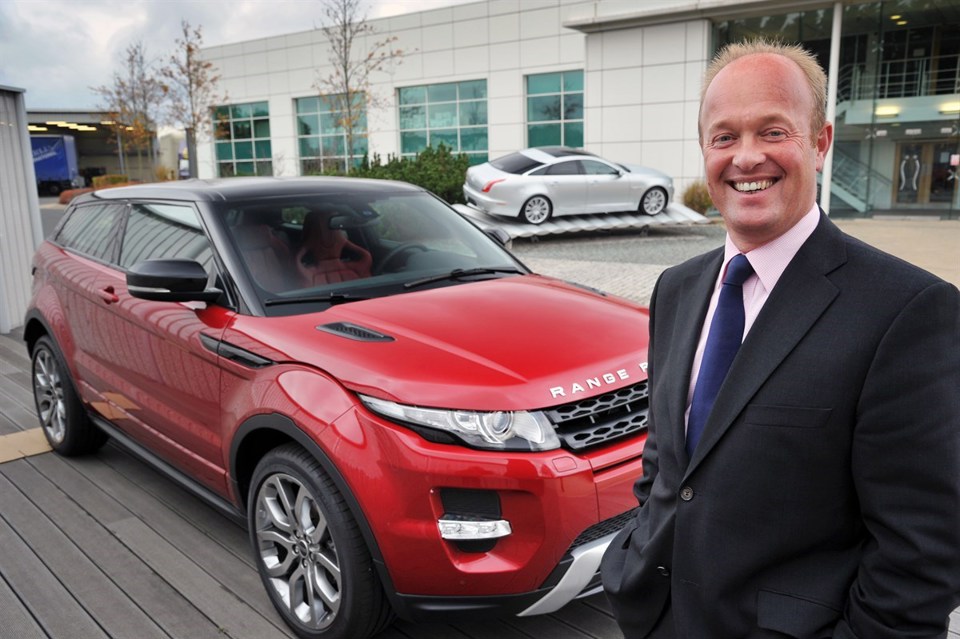
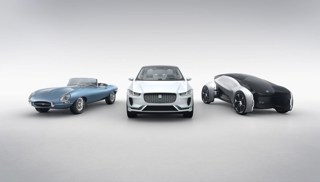
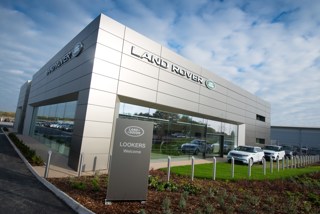
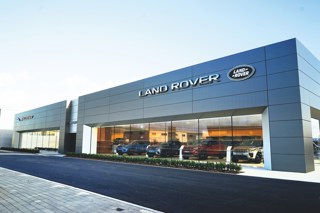
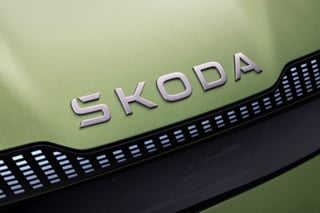












Login to comment
Comments
No comments have been made yet.